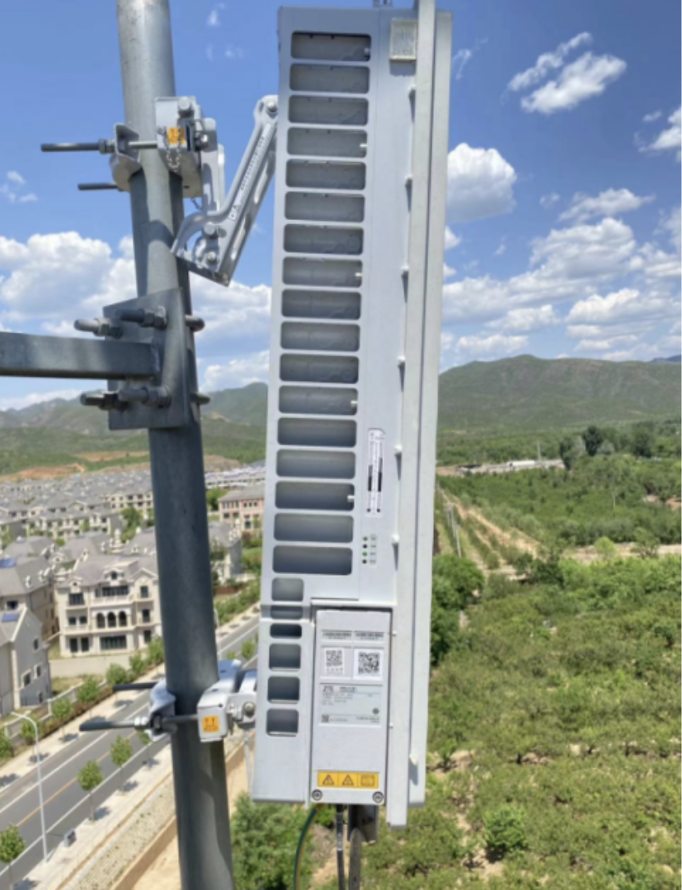http://j.people.com.cn/n3/2023/0602/c95952-20026940.html
One hundred “low-carbon” base stations that automatically turn on have been installed in Haidian and Changping districts of Beijing. The “low-carbon” base stations automatically go to sleep when no one is using the network and are based on AAU auto-on/off energy-saving technology. The technology can check the load on the 5G network in real time, and if the utilization of the base station is very low over a period of time and there are very few users, the network management software will turn off the hardware such as radio frequency, data path, and optical modules, and only turn on the power modules to reduce energy consumption. This reduces energy consumption.
For base stations that automatically sleep, network equipment energy consumption in a zero-load condition is less than 5 watts (W), reducing consumption by more than 98% compared to before it was turned off. Beijing Mobile plans to introduce AAU automatic on/off energy-saving technology on a large scale this year. In addition to technology upgrades for outdoor base stations, indoor distribution systems can also achieve accurate power savings by sensing citizens’ network usage demand.
Equipment like “mushroom umbrellas” are often installed on the ceilings of some shopping centers and large public facilities. These are head-end devices that provide indoor signal coverage to users and are the equivalent of indoor “small base stations. The new indoor distributed control power saving technology automatically “sleeps” when citizens are not using the network, providing energy-saving effects similar to sensor lights and reducing signal interference between facilities. The technology is currently being piloted in popular commercial spots in Beijing, such as Changping LeDaGang and XidanDaYueCheng, with an average power saving effect of approximately 10%.

